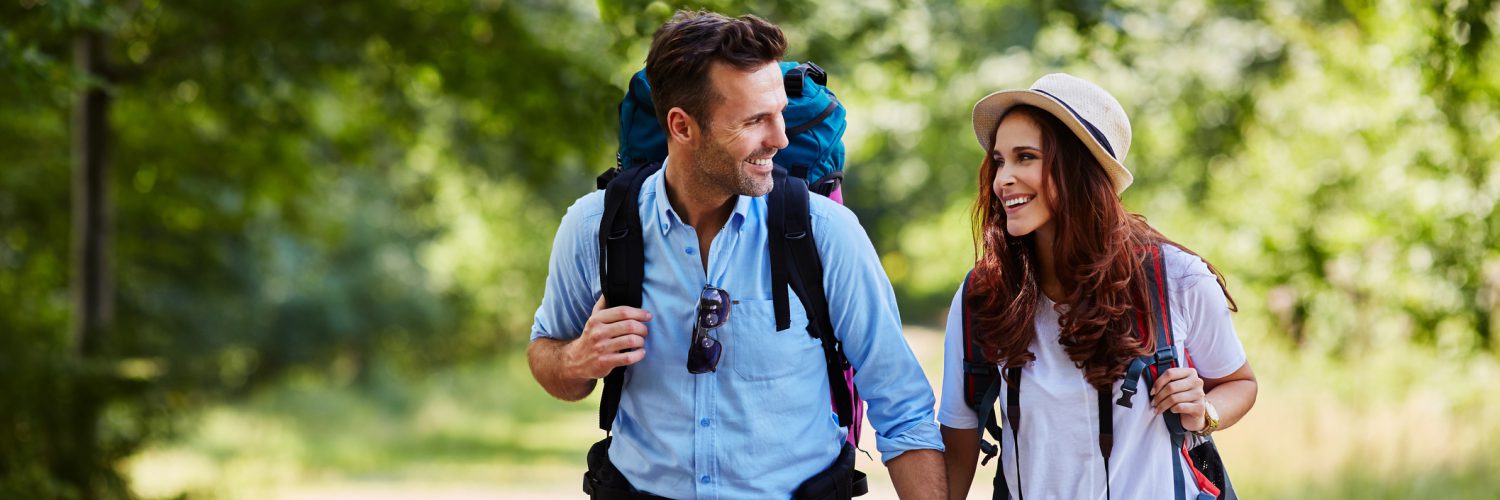Summertime invites us to let go, play and enjoy the great outdoors. But even if you’re picnicking in the backyard, sticking to common sense rules could help you or your loved ones avoid a trip to the ER. In addition to staying well hydrated and protected from intense heat and sun, keep these precautions top of mind:
Cook and store picnic foods properly. Separate raw foods from cooked foods. Cook foods to proper temperatures (for instance, ground beef should be cooked to an internal temperature of at least 160 degrees). Chill foods promptly. Not able to wash your hands and surfaces? Use hand sanitizers.
Use a clean grill, safely situated. Keep it well away from the house, deck and overhead branches, and never leave it unattended. Don’t leave lighter fluid where children can reach it.
Buckle up everyone, every time–even Fido. Secure your pet in a harness or carrier. Remember, your furry friend could easily crawl among the gas or brake foot pedals, or if the car stops suddenly, be thrown and injured upon the impact.
Never leave children in unattended in cars, not even for a quick dash to the drugstore! This goes for pets, too. Remember, even on hot days with the window cracked open, the temperature can rise dangerously inside the vehicle, leaving your pet at risk for heatstroke.
Keep a constant watch on your kids in pools or open water. Do this even if there’s a lifeguard on duty.
Wear the right footwear and other gear. Biking? Wear a snug-fitting helmet. Boating or paddle boarding? Wear a U.S. Coast Guard-approved life jacket. Walking or biking after dark? Add glow-in the-dark or reflective stickers to your shoes and clothing, and a headlamp or other flashing light.
Take a buddy when venturing into isolated areas. This is important whether you’re taking a dip at an unguarded beach or trekking forested trails.
Pay attention! Don’t text when driving, hiking, boating, etc. Check weather conditions and current water levels, for instance. Stay on designated trails and roads—don’t go around barriers!
Don’t drink and drive—in any vehicle. Choose a designated driver.
Camping in the wild? Find out about the emergency contact at the campground, and have a map (GPS may be unreliable). Don’t put fuel-burning heaters, stoves, or grills inside or near your tent or camper. Wear insect repellent and light-colored clothing, enabling you to spot any ticks and remove them promptly.
Remember, if you’re going on an all-day outing, especially to isolated or remote areas, let someone know your itinerary and whereabouts, take along a compass, basic first-aid supplies, plenty of water and any necessary medications (like an inhaler, insulin or Epi-pen) with you.



